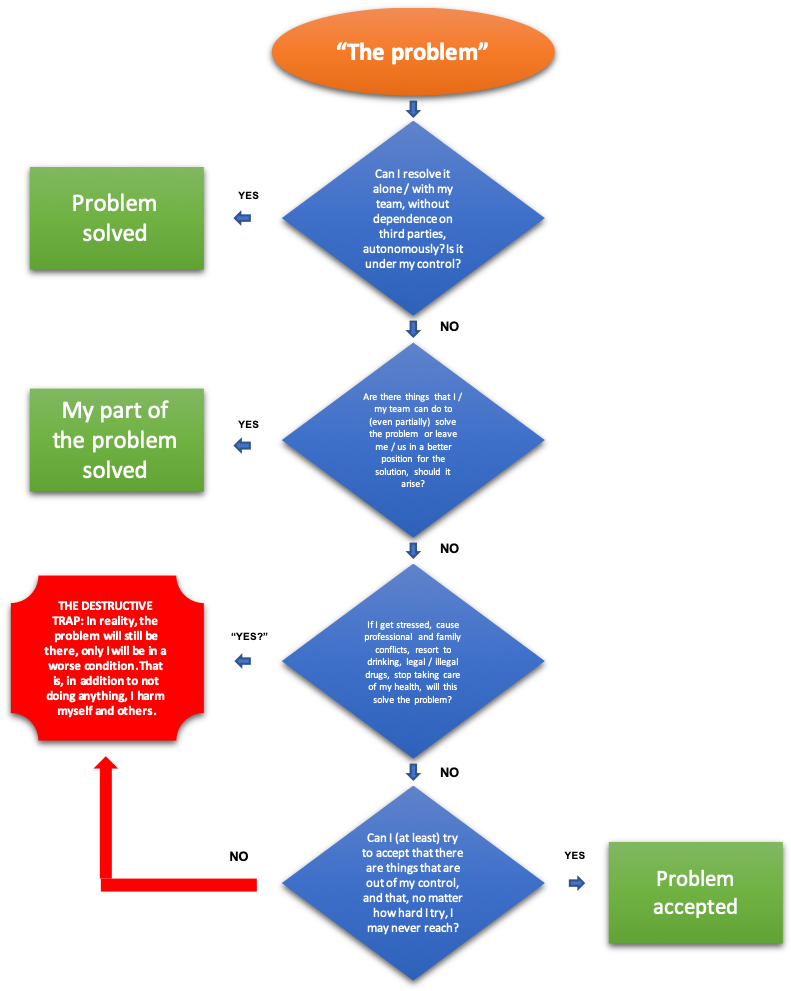By Luciano Fantin – This article deals with the pressures suffered by executives when dealing with their challenges in companies.
In our consultancy, we have served a wide range of clients, with diverse needs, such as banks, fintechs, electronic payment firms, etc.
More recently, we had the opportunity to operate in a family industry, outside the financial segment, which caused us great satisfaction, since they were waters never sailed before.
In all of them, however, there was always a common point. We have been called upon to support a particular “problem” (or “challenge”, in the current world of the politically correct).
The challenges are always different: operational implementation of a bank, analysis of foreign exchange and foreign trade processes, gap analysis, economic and financial feasibility studies, understanding of the Brazilian financial market, implementation of financial and risk management processes, implementation of commercial and financial governances, and so on.
But what, then, is the point common to all of them?
The point is that there are people behind them all. Executives, managers and technicians, who are being pressured for the results in their companies, whose careers depend on success in their endeavors. These people (sometimes a team, sometimes a single member) often have to deal with enormous pressures on several fronts.
What we notice, and not infrequently, is that the level of stress in organizations is increasingly high. The reasons are obvious: An incessant search for cost reduction, increased efficiency, competition, survival, which often goes through an increased workload, until the fruits can be harvested.
The expected results, however, are sometimes not achieved, deadlines and budgets are extrapolated or, sometimes, entire initiatives are aborted, as we have been following. There are many variables that are out of control when starting new businesses, new products, new projects.
In this sense, those people mentioned above, also not infrequently, end up with high levels of stress, creating problems for themselves, their teams, their companies and even for their families. The human being is not watertight, so that story of “separating the professional from the personal” seems to us more like a wish than a reality.
Although we are not specialists in human management, we decided to contribute with a suggested approach that, in some way, can bring a little relief to the great moments of tension and stress that the corporate world imposes on us, and that can improve our lives a little.
We are in the midst of a digital revolution. There is a lot of talk about Industry 4.0, the Internet of Things, the Cloud, the new Systems. We have been communicating more and more with machines, which serve us and solve our problems through algorithms. We are probably the generation that most invests in algorithms in recent history.
In that sense, why not think about a human algorithm, that helps us a little, offers us a new paradigm? An algorithm that will not be applied by a code, but by ourselves, in a few minutes of reflection.
We hope that we can contribute, in some way, if only a little, to the relief of our tensions.



